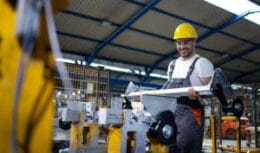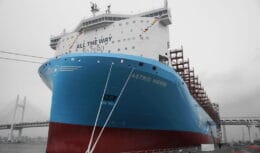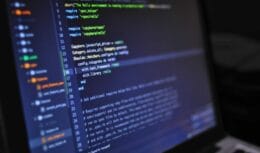

50 países que oferecem faculdade de graça: uma chance única para brasileiros obterem bolsas de estudo
17 de abril de 2024 —
Bruno Teles

Impacto dos conflitos no Oriente Médio nos preços do petróleo no Brasil
17 de abril de 2024 —
Corporativo

SBT, Sistema Brasileiro de Televisão, do Silvio Santos, abre recrutamento e seleção com vagas de emprego presencial e home office para nível médio, técnico e superior
17 de abril de 2024 —
Noel Budeguer


Indústria brasileira busca ampliar sua capacidade produtiva
17 de abril de 2024 —
Corporativo

Astrid Maersk: Lançamento épico do 2º navio movido a metanol
17 de abril de 2024 —
Ruth Rodrigues

Instituto Federal oferece 300 vagas em curso técnico gratuito à distância
17 de abril de 2024 —
Ruth Rodrigues










